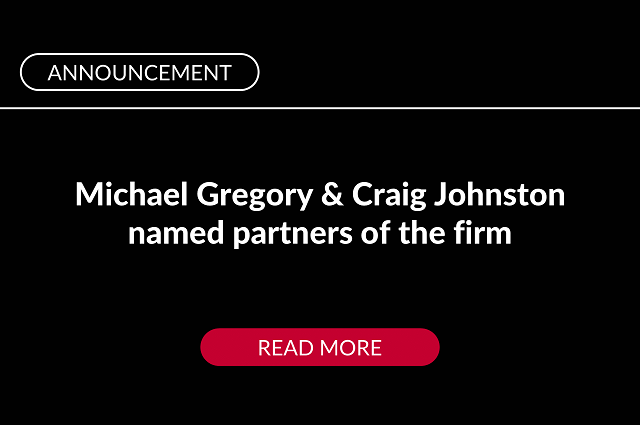CMAE England Engages GGA Partners to Develop Strategic Plan
WARWICKSHIRE, England (October 27, 2020) – CMAE England has announced the engagement of GGA Partners™, the international consulting firm working with many of the world’s most successful private clubs, resorts, golf courses and residential communities, to facilitate the development of a five-year strategic plan for the association.
Established in 1992 as North America’s KPMG Golf Industry Practice, the independent firm has provided industry-leading advisory services to more than 3,000 clients worldwide. GGA has been recognised as “Strategic Planning Firm of the Year” by Boardroom Magazine and brings an unmatched financial, marketing, and operational focus to each of its strategic assignments. This extensive expertise was critical for CMAE England in their choice of strategic planning partner.
“CMAE England is founded on a dedication to club management excellence, education, knowledge-sharing, supporting career progression and on our powerful network of club professionals,” explained Chairman of CMAE England, Tristan Hall. “The board believes it is time to reaffirm these values, and the strategy employed, to deliver a vibrant and sustainable future for the Association.”
“In securing the services of GGA Partners, we have retained the very best strategic advisory team in the industry to guide and inform this critical process,” said Hall.
Distinguished in its ability to build enduring value, GGA’s work will continue beyond the development of the strategic plan to ensure its strategy drives significant improvement. As a result, CMAE is pleased to announce that GGA Partners™ has made a multi-year commitment to support the association as a Corporate Partner.
Rob Hill, Managing Partner of GGA’s EMEA Office, said, “GGA and CMAE are passionate about the value of informed decision-making and strategic planning. We appreciate the privilege of being asked to serve CMAE England in shaping its future and to demonstrate our support for the professional development of club leaders throughout England”.
GGA Partners™ has offices in Toronto, Canada; Phoenix, USA, and Dublin, Ireland. For further information about GGA Partners™ visit: ggapartners.com.
About CMAE England Region
The Club Management Association of Europe (CMAE) England Region is a non-profit making professional association with members involved in the management of sports clubs (golf, tennis, sailing, rowing, rugby, football, cricket), health & fitness clubs, leisure, city and dining clubs located throughout England. The CMAE provides a forum for the encouragement, development and recognition of education and professionalism in Club Management. For more information, please visit cmae-england.uk.
About GGA Partners™
GGA Partners is an international consulting firm and trusted advisor to many of the world’s most successful golf courses, private clubs, resorts, and residential communities. We are dedicated to helping owners, asset managers, club and community leaders, investors and real estate developers tackle challenges, achieve objectives, and maximize asset performance.
Established in 1992 as the KPMG Golf Industry Practice, our global team of experienced professionals leverage in-depth business intelligence and proprietary global data to deliver impactful strategic solutions and lasting success. For more information, please visit ggapartners.com.
Media Contacts:
Bennett DeLozier
GGA Partners
+353 44 33 603
bennett.delozier@ggapartners.com
Debbie Goddard
CMAE England Region
+44 (0)24 7669 2359
info@cmae-england.uk






